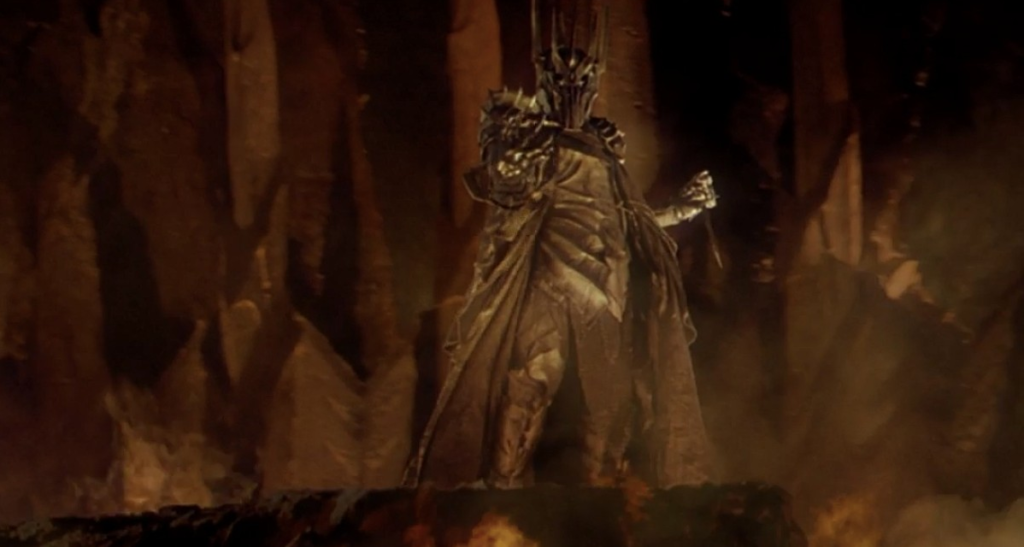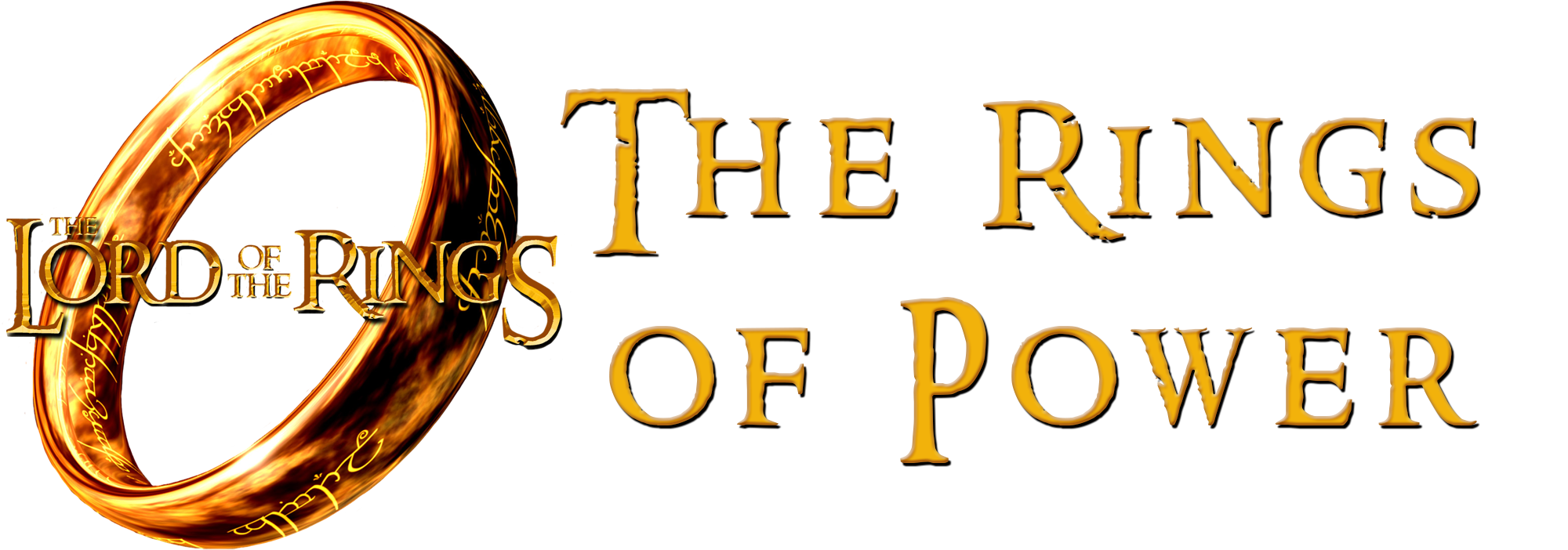September 2022 will be an exciting time for Lord of the Rings fans, as Prime Video will begin streaming its prequel series The Rings of Power. The series is said to take place during the Second Age, which is thousands of years before The Fellowship of the Ring set out from Rivendell in the Third Age. Tolkien gave a lot of details about the Second Age in his book, and there are some basics that you should know before the Lord of the Rings prequel series.
Tolkien describes the events of the Second Age in his various other works about the fantasy world that he had created in Lord of the Rings, such as The Silmarillion. A lot of important events happened during this age, and The Rings of Power is likely to cover a good part of them. However, before diving into the series in September, it may be useful for you to have an understanding of some of what went on during Tolkien’s Second Age.
1. The Second Age Lasted 3,441 Years
The Second Age was the longest age that was described in detail by Tolkien. In comparison, the First Age, which saw the creation of all things and the rise of the Dark Lord Morgoth, lasted 590 years and the Third Age, which saw Frodo destroy the One Ring, lasted 3,201 years.
The Second Age began in peace since the Valar had just helped the elves win their war against Morgoth. However, Sauron eventually returned to take power in his old master’s place, and the Second Age ended with his defeat, and Isildur keeping the One Ring. While this all spanned over 3,441 years, The Rings of Power series has revealed that it will greatly condense the story.
2. Sauron Returned In The Second Age

In the first age, Sauron was the first lieutenant of Morgoth, who was a Valar turned evil. After Morgoth’s fall, Sauron kept a low profile, but he eventually returned. He built his tower in Mordor, Barad-dúr, and then set off to gain followers.
The Men of Middle-earth were easy to influence, but Sauron knew he needed to gain the trust of the elves. So, he took the form of a beautiful elf-like being, Annatar, and began to earn the elves’ trust.
3. The One Ring Was Forged In The Second Age

As Annatar, Sauron began to teach the elves, like Celebrimbor, his magical methods of forging powerful rings. Together, they created The Rings of Power, and audiences would be fair to predict that this will be included in The Rings of Power. Gil-galad, Galadriel, and Elrond distrusted, Sauron, however, and when the three Elven Rings were forged, they were independent of Sauron’s influence.
After dispersing the Rings of Power, Sauron returned to Mordor and poured his power into the One Ring. This ring allowed him to control and influence the others while funneling his powers, but it weakened him in that he was eternally bound to the ring.
4. The Nazgûl First Arose During The Second Age
Sauron granted nine Rings of Power to the lords of men. Among these lords were three Númenorians, one Easterling King, and five from various kingdoms of men around Middle-earth. Giving men these rings allowed Sauron to control them, and keep power over Middle-earth as a whole.
At first, the rings granted these lords great power, but they slowly began to enslave them. They exacerbated their greed and blood lust and eventually caused them to become invisible and formless, as they slipped into the wraith world. Their power was directly related to the One Ring, so as the Ring’s power rose and fell, so did their own.
5. Dwarves From All Over Moved To Khazad-dum To Join Durin

Audiences of Fellowship of the Ring saw what was left of Moria (Khazad-dum), but for much of the Second Age, it was a booming and proud city. The dwarves that lived there were ruled by Durin, who was known to be a great king. Other dwarven cities such as Belegost and Nogrod in the Blue Mountains were seeing hard times, so their people migrated to join Durin in Moria. Also during this time, the dwarves had excellent relations with the elves, even creating a special entrance (the one the Fellowship used) to enter the city.
6. The Maiar Wizards First Arrive On Middle-Earth

The Maiar were angelic beings that had come to Arda (Middle-earth’s world) to help the Valar shape life and landscapes. Sauron himself had been a Maia, which was why he was able to take so many different shapes.
Gandalf, Saruman, and Radagast were also Maiar, who took the form of old Wizards in the Third Age to help the races of Middle-earth destroy Sauron. In the Second Age, these three were still living in Valinor (The Undying Lands). During the Second Age, two other Maiar were sent to Middle-earth for the same mission, and they were known as the Blue Wizards. Tolkien did not describe their journey, and it is unknown who they met and what they did, but it is guessed that they may have traveled farther east than is ever seen in Lord of the Rings.
7. Elrond Established Rivendell As A Safe Haven For Elves
During the war between Sauron and the Elves, the elven city of Eregion was under attack. Gil-galad sent Elrond with an army to help them, but by the time he arrived, the city had fallen.
Instead, he took the remaining occupants to a large valley at the foot of a mountain and created a stronghold to protect his people. This stronghold would later be named Rivendell and would be the birthplace of the Fellowship from Lord of the Rings. Elrond would later be lord of this city, and Aragorn and Arwen would grow up there.
8. The City of Númenor Saw Its Rise And Fall In the Second Age

At the beginning of the Second Age, the Valar created an island and port city called Númenor. It was given to Elros, Elrond’s twin brother, and the first of the race of High Men (and Aragorn’s ancestor). Over thousands of years, Númenor prospered, and at first, they aided the elves in their fight against Sauron, eventually taking him captive in the city.
As a prisoner, Sauron began to influence the most recent king of Númenor. Over time, he became an advisor, turning the Númenorians against the elves, who were then banned from the city. Eventually, Sauron convinced the King to try to attack and conquer the Valar in the Undying Lands. Unfortunately, they tried, and as a punishment, Númenor was buried in the sea.
9. The Surviving Númenorians Joined The Elves In Battle
When Númenor was destroyed, some of the High Men, such as Elendil and Isildur, managed to escape. Sauron’s body was destroyed, but his spirit was able to escape back to Mordor and construct a new one.
The remaining Númenorians established Gondor, with Elendil crowned as King, and they decided to join the elves in their fight against Sauron. The resulting battle was called The Last Alliance of Elves and Men, and it resulted in Elendil and Gil-galad’s death. Isildur cut the One Ring from Sauron’s hand, seemingly destroying him. However, as fans know, Isildur chose to keep the One Ring, ensuring that Sauron would one day return.
10. The Second Age Saw A War Between The Elves And Sauron

Once Sauron created his One Ring and began to influence the Rings of Power, his true intentions became clear to the elves. Sauron began to use his following of dwarves and men to lay siege to elven cities. Celebrimbor, Galadriel, Gil-galad, and Elrond all made efforts to conceal the three elven Rings of Power, hoping to ensure that they would never fall into Sauron’s hands.
At first, the elves had the aid of the High Men of Númenor, but they too eventually fell under Sauron’s power, so the elves alone stood in Sauron’s way.

